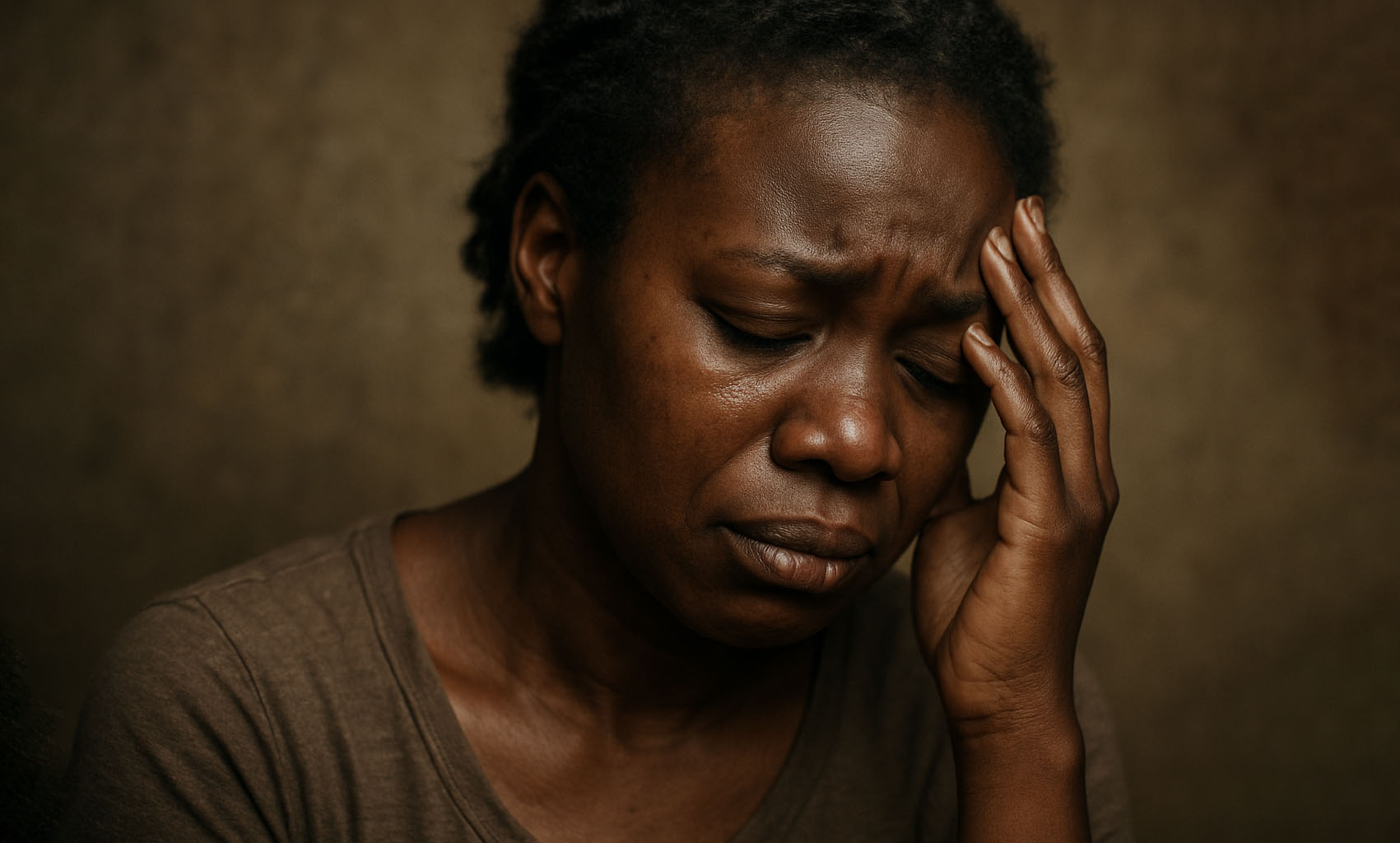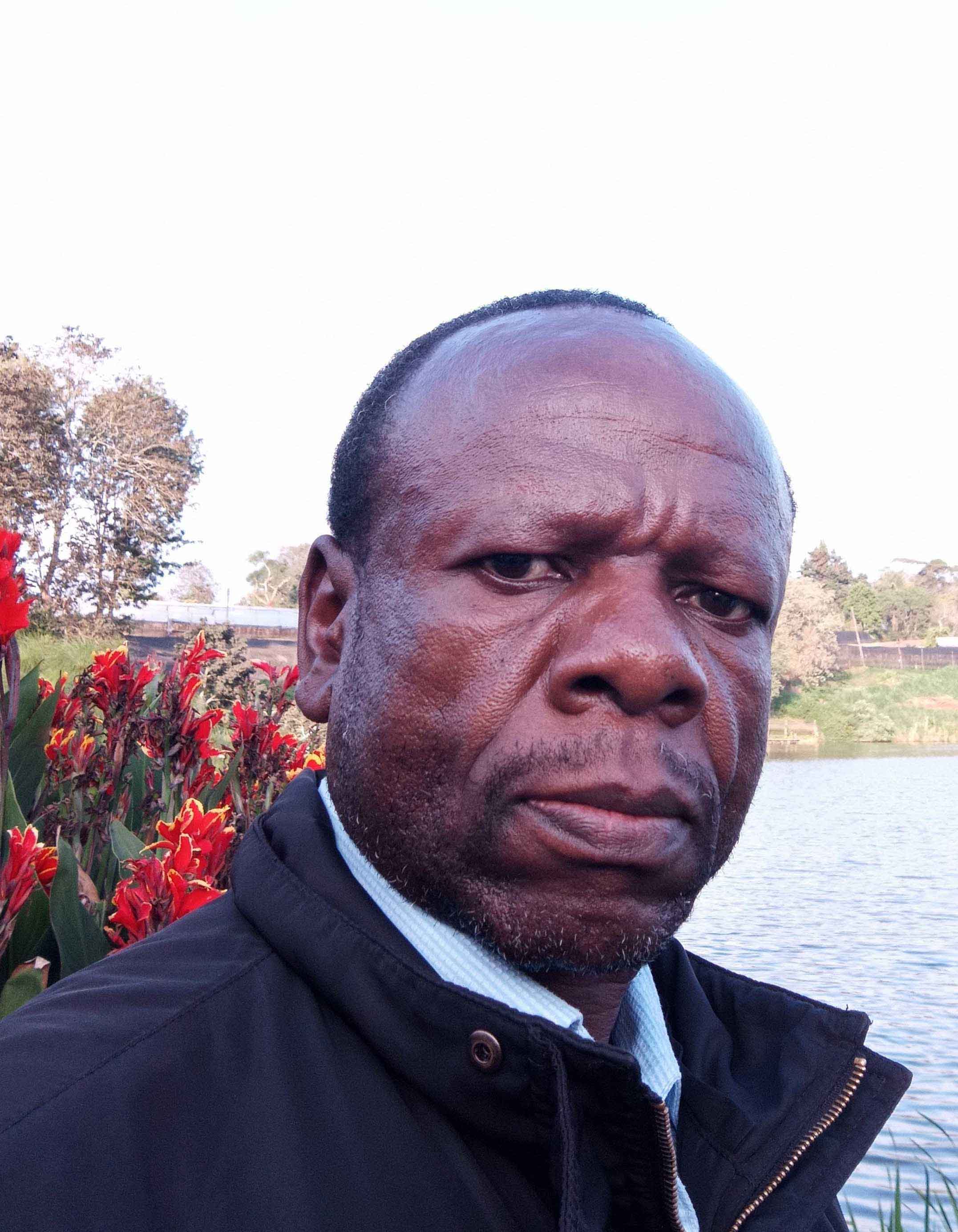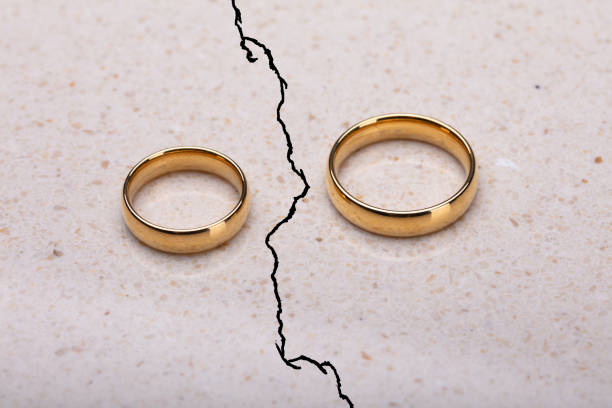You loved him or her to your heart's fullest loving capability and knew you’d finally gotten the one. And then the relationship ended, abruptly or gradually. And you were left pained, hurt, emotionally damaged, and wondering what went wrong.
The breakup may have been sudden or gradual, but the mental, emotional, and physical effects lingered on. Why are failed relationships so emotionally damaging, and what can you do to cope, and ultimately move on? Let’s explore.
What is Emotional Damage?
Intense emotions, heartbreaks, sadness, anger, guilt, pain, and even physical ailments may accompany a failed relationship. Losing someone to whom you had invested emotionally, opened your heart to, and was an integral part of your life can lead to feelings of intense emptiness and loneliness.
You may have feelings of regret, failure, deep pain, self-doubt, and loss of confidence. You may feel unworthy, unattractive, flawed, and inadequate. Low self-esteem, stress, and depression may accompany you for quite some time. These feelings may be even more intense if you’ve gone through multiple breakups.
Resentment and fear may set in, and hinder you from opening up to fresh relationships. You develop a phobia of repeating past mistakes and you become anxious about future relationships or intimacy.
Since relationships form a significant part of one’s identity, a failed relationship may lead to your having an identity crisis, making you confused, insecure, and unstable.
What are the Effects of Emotional Damage?
Prolonged emotional turmoil may lead to sadness, anxiety, and depression and can affect your mental health. You may resort to unhealthy ways of coping such as substance abuse, alcoholism, to try numb the pain. Your behavior and attitude towards things and people may change negatively.
You will develop trust issues, and avoid opening your heart again for fear of being vulnerable. These will make it extremely difficult forming and maintaining new relationships. You may feel strained in new relationships and seek a way out at the tiniest excuse.
Your physical health, because of the emotional strain you are going through, may be affected. You may develop loss of appetite, have changes to your sleep patterns, or have downright insomnia. You may develop fatigue and lose your enthusiasm for work and life.
You may also get to too absorbed in your work, or your religious activities, in a futile attempt at escaping your pain and dealing with your damaged feelings.
So, how do you cope?
You need a lot of intentional effort, resolve, self-care, and help in order to cope with the emotional hurt that comes with a failed relationship. You cannot afford to neglect your health or your social ties because of a failed relationship that has made you emotionally unwell.
Acknowledge your feelings and grieve. Mourn the loss. Allow yourself to experience the hurt. Breakups hurt and can make you emotionally unstable. Know how you feel. It’s only then that you can deal with the stress of a breakup.
Reach out to friends and family for support. You can even join support groups that provide empathy, sympathy, coping mechanisms, and experiences. Share your feelings with others. This will help you feel less isolated. You might even feel understood and become more emotionally peaceful.
Use the breakup as an opportunity to self-reflect. What have you learned about yourself, your partner, or partners? What would you do differently in future relationships? What would you want your future partner to be like? What would you change about yourself?
You must intentionally limit contact with your ex-partner. You need to heal. You can’t heal by bruising the wound. You don’t need further emotional surge and strain. You need to focus on your recovery.
As you do this, focus on self-care and activities that promote your well-being and personal growth. Exercise, eat healthy, read good books, sleep on time, and engage in hobbies that help improve your mood and overall sense of self.
Don’t forget to seek help if you are experiencing severe distress and struggling to cope with the emotional fallout. Talk to a friend or family member. You can even seek therapy from a mental health professional. You have to process your emotions and rebuild your self-esteem. You owe it to yourself.
Find things to do outside of the relationship. Pursue new interests, set new personal goals, and invest in activities that reinforce your self-esteem. Go out and meet new people. New experiences help calm you down and distract you from yourself. Explore new social opportunities, hobbies, and connections. You’ve got to move forward.
How do you move forward?
Healing from a failed relationship is a journey that requires time and patience. You’ve got to recognize that however painful emotional damage is, it’s a normal part of the process of healing. You have to find distractions and ways to cope to get your mind and your emotions off the breakup.
Seek support when you can. Don’t close yourself in a capsule and marinate in self-pity. Go out there and engage in activities that bring you back. You need to feel worthy again. You need to renew yourself. You need to get ready for future relationships without the baggage of the past one. You owe it to yourself to be happy.
Remember, the end of a relationship is not the end of your story. With time and effort, you can heal, grow, and find happiness again. There are always better days ahead. Go live and be happy.










Comments (0)